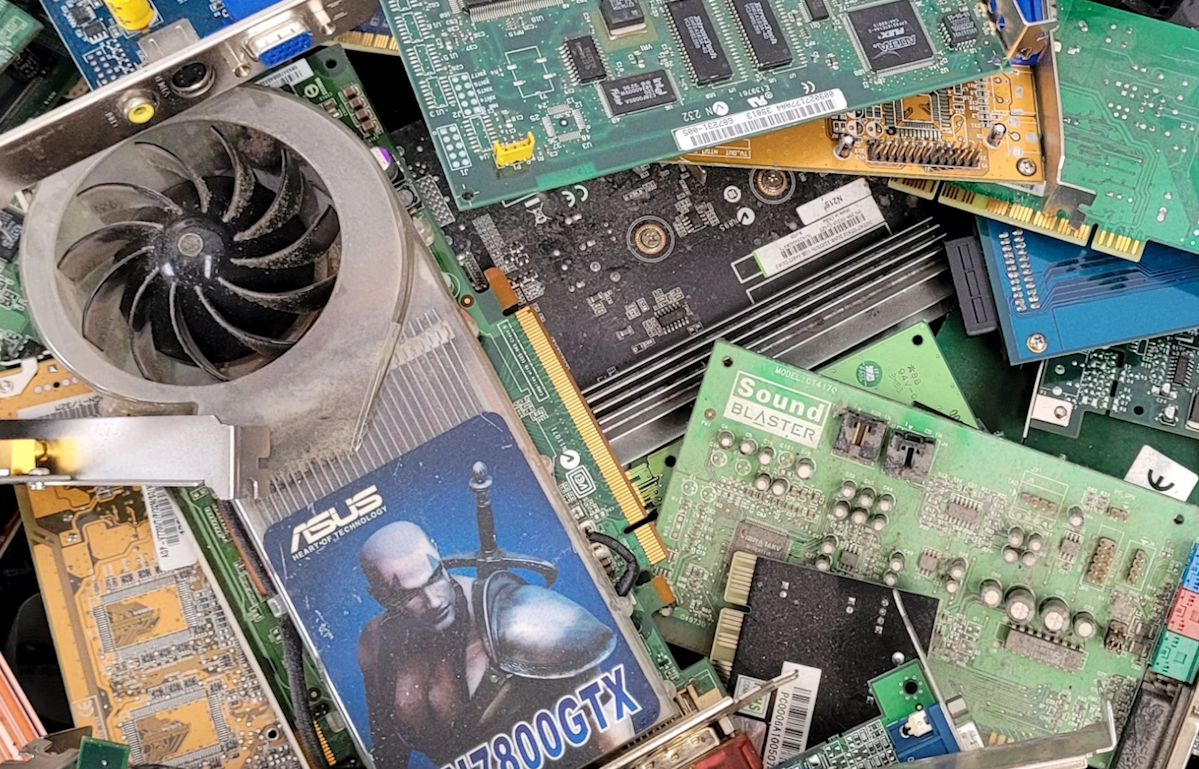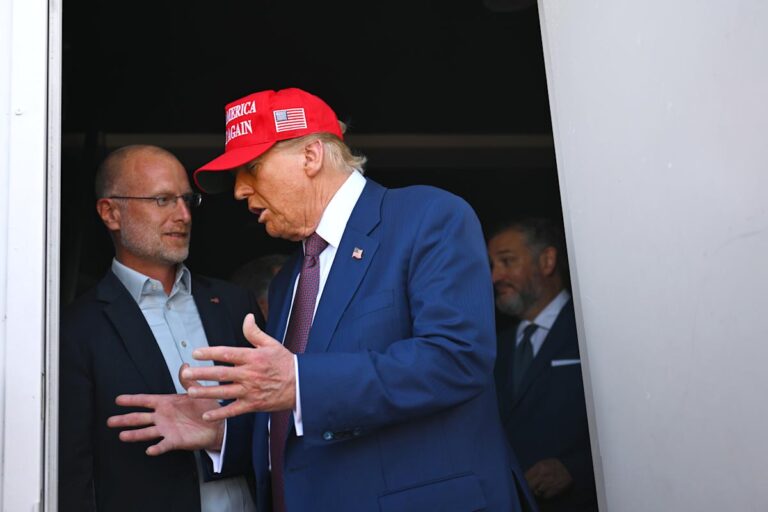An environmental advocacy group has unveiled startling findings regarding the mounting crisis of e-waste linked to the United States, suggesting that millions of tons of discarded electronics are shipped monthly to Southeast Asia and the Middle East. This phenomenon has been termed a “hidden tsunami” of e-waste, as reported by ABC News.
### E-Waste Export Investigation
The Basel Action Network (BAN), based in Seattle, conducted an extensive two-year investigation, revealing that at least ten American firms are exporting used electronics to countries such as Vietnam and Malaysia. These exports predominantly include discarded devices like smartphones and computers, which pose significant risks due to hazardous materials—such as lead, cadmium, and mercury—found in many electronics.
According to BAN, around 2,000 containers of e-waste leave the United States each month, accumulating to approximately 33,000 metric tons. Dubbed “e-waste brokers,” these companies do not recycle the waste themselves but facilitate its transfer to overseas entities. Among the exporters are firms like Corporate eWaste Solutions, Semsotai, First America Metal Corp., and PPM Recycling.
### Financial Impact and Responses
The report claims that these ten companies collectively exported e-waste valued at over $1 billion from January 2023 to February 2025, with the trade potentially exceeding $200 million per month. In response to the allegations, Semsotai stated that it specializes in working components intended for reuse, while PPM Recycling contended that BAN has inflated the volume of shipments. Many other companies named in the report have refrained from commenting.
During the period from 2023 to 2025, US e-waste shipments were reportedly responsible for six percent of all American exports to Malaysia. Jim Puckett, of BAN, noted, “Malaysia suddenly became this mecca of junk.” Notably, containers have also been traced to other locations such as Vietnam, Indonesia, Thailand, the Philippines, and the UAE.
### Growing E-Waste Crisis
The UN’s International Telecommunication Union reports a troubling trend: global e-waste generation is outpacing recycling efforts at five times the rate. In 2022, the world produced 62 million metric tons of electronic waste, a figure projected to rise to 82 million by 2030.
Despite international regulations imposed by the Basel Convention, which prohibits the importation of hazardous waste, the United States remains the only industrialized nation that has not ratified the treaty. Consequently, the US, the world’s second-largest generator of e-waste, operates without being bound by the rules established in this vital agreement.







